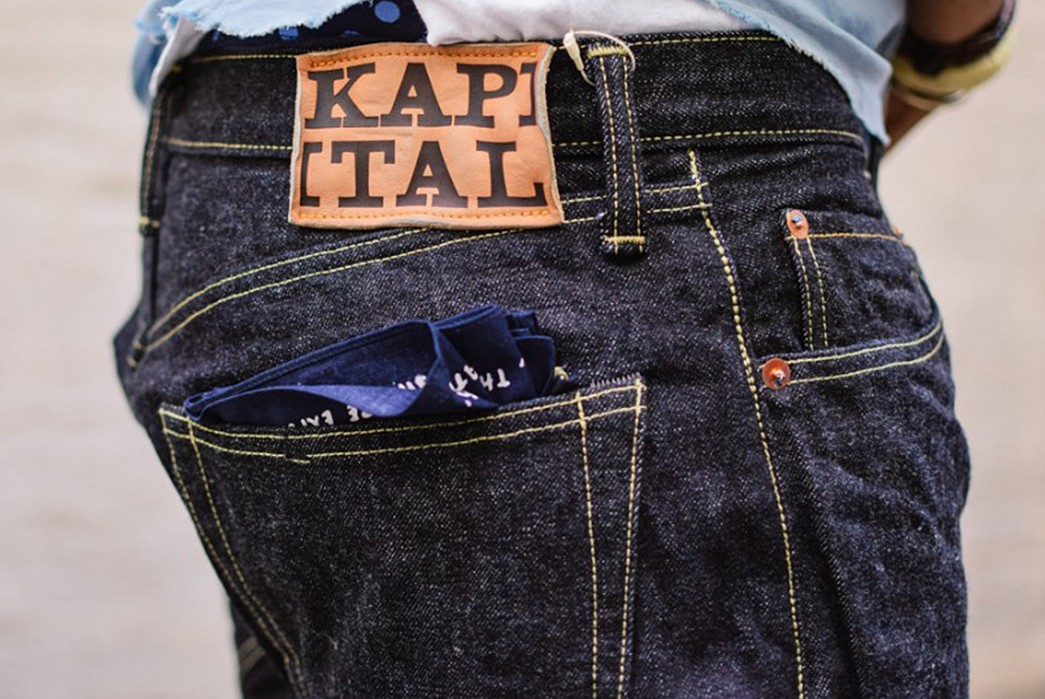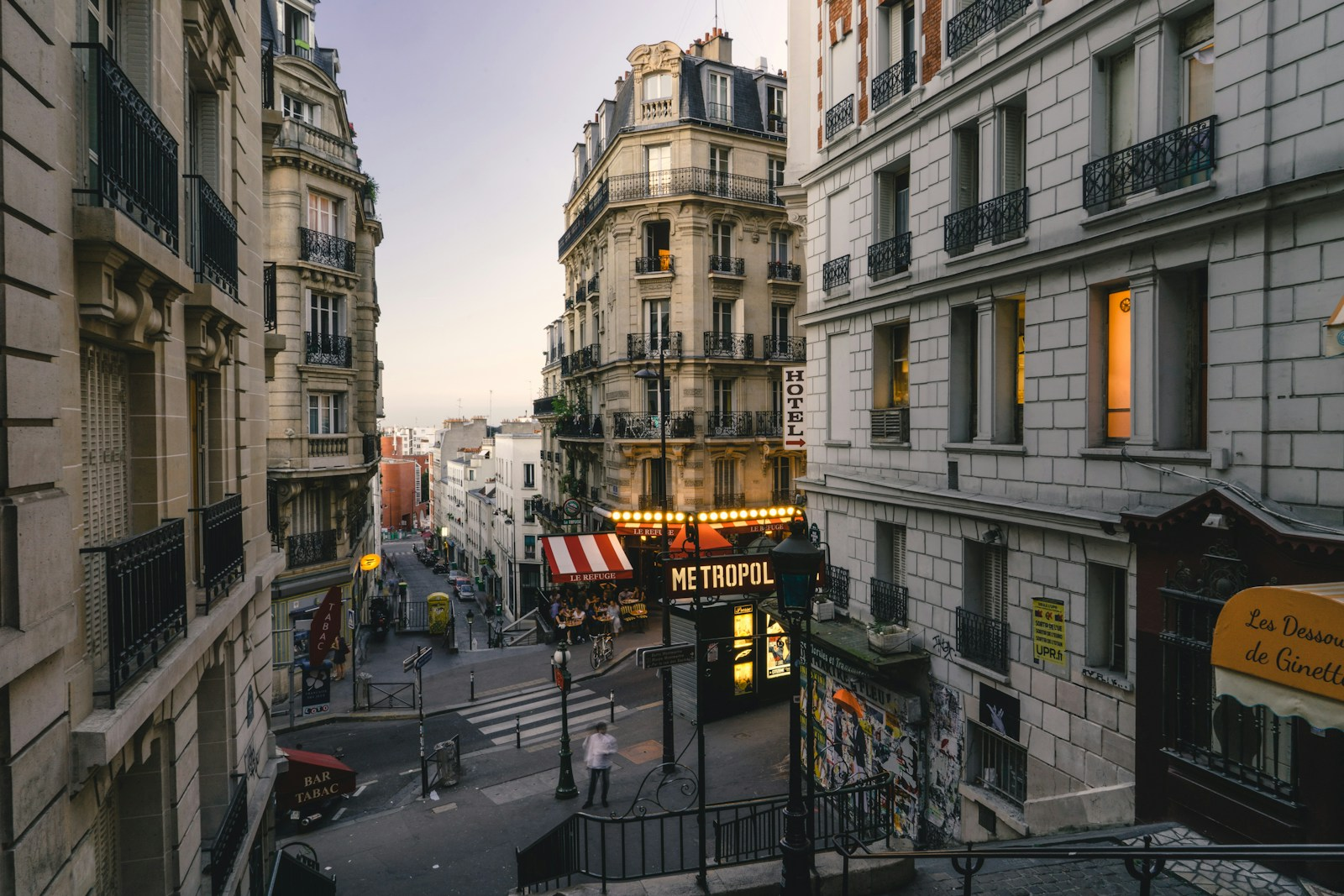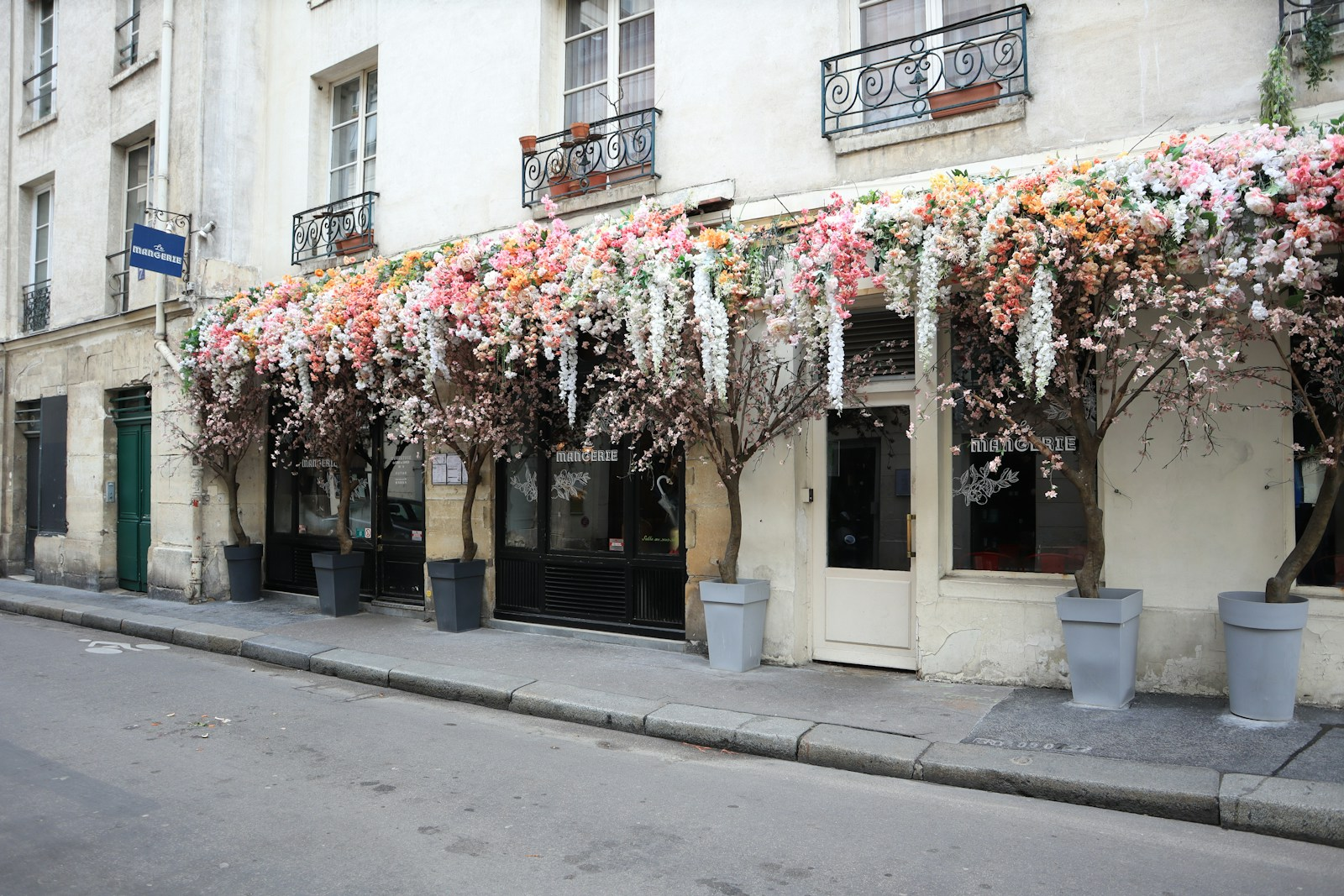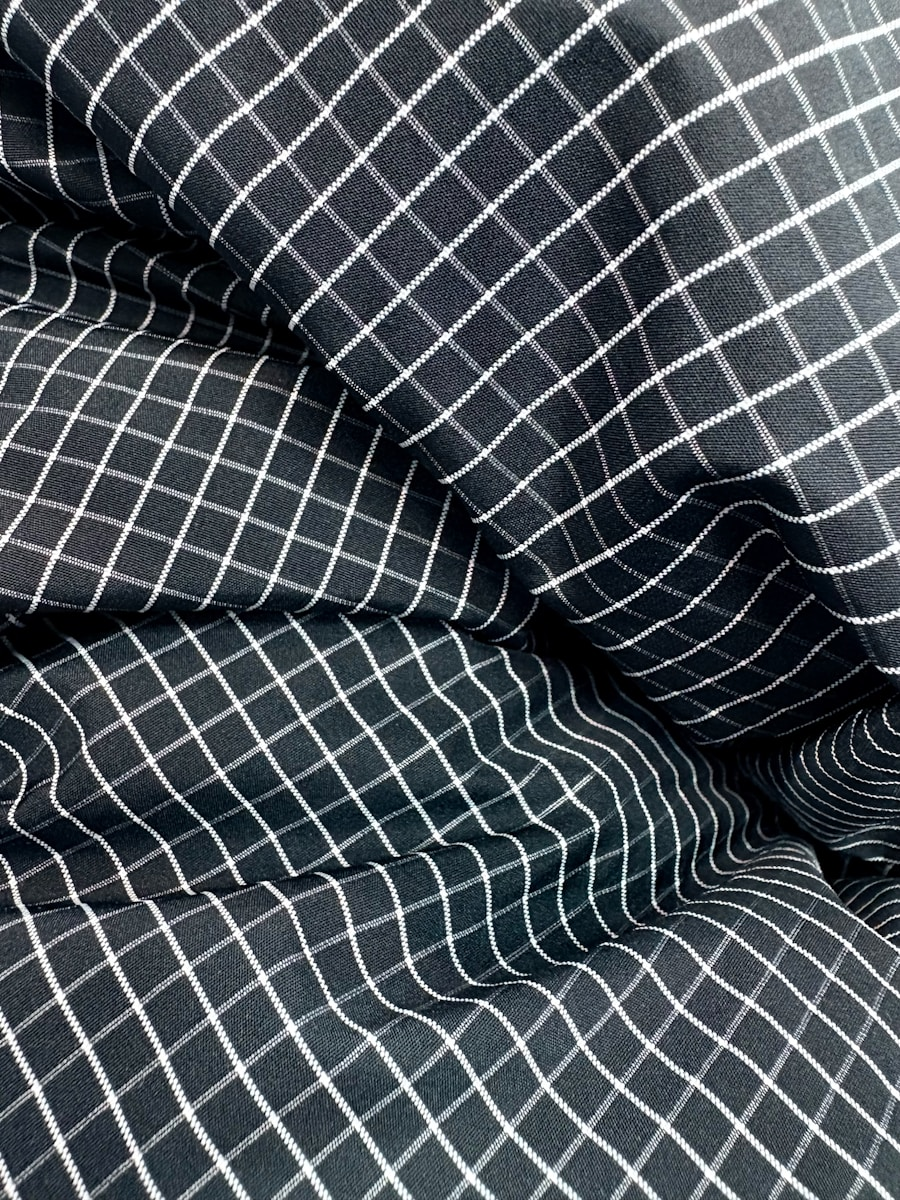Japanese denim has achieved legendary status among fashion insiders, becoming the gold standard for quality, craftsmanship, and authentic style. From the ateliers of Okayama Prefecture to the boutiques of Tokyo, Japanese denim brands have carved out a unique position in the global fashion landscape that transcends mere trend-following to embody a philosophy of perfectionism and cultural authenticity.
The Heritage of Japanese Denim Craftsmanship

Post-War American Influence
Japanese denim culture began in the post-World War II era when American workwear became a symbol of modernity and rebellion. However, rather than simply copying Western styles, Japanese craftspeople applied their traditional attention to detail and pursuit of perfection to create something entirely new.

Traditional Craft Techniques Applied
The foundation of Japanese denim excellence lies in the application of traditional textile crafts to modern denim production. Techniques borrowed from kimono making, indigo dyeing traditions, and centuries-old weaving methods create denim with unparalleled character and depth.
Regional Specialization

Different regions of Japan developed specialized expertise in denim production. Okayama Prefecture became the epicenter of premium denim manufacturing, while Tokyo emerged as the creative hub for innovative design and streetwear applications.
What Sets Japanese Denim Apart
Obsessive Attention to Detail
Japanese denim manufacturers pursue perfection with an intensity that borders on obsession. Every aspect of production, from cotton selection to final stitching, receives meticulous attention. This results in garments that improve with age and wear, developing unique characteristics that mass-produced denim cannot replicate.

Superior Raw Materials
Japanese mills work exclusively with premium cotton, often sourced from specific regions known for exceptional fiber quality. Long-staple cotton from Zimbabwe, organic American cotton, and heritage cotton varieties provide the foundation for exceptional denim fabric.
Traditional Indigo Dyeing

Many Japanese denim brands employ traditional indigo dyeing techniques that create deeper, more complex color variations than synthetic alternatives. Natural indigo develops rich patina over time, creating unique fading patterns that fashion insiders prize for their authenticity and beauty.
Vintage Equipment and Techniques
Japanese manufacturers maintain vintage looms, sewing machines, and production equipment that create textures and characteristics impossible to achieve with modern industrial machinery. This commitment to traditional methods produces denim with soul and character.
Leading Japanese Denim Brands
Kapital: Avant-Garde Heritage

Kapital has become synonymous with innovative approaches to traditional denim craft. The brand combines centuries-old Japanese textile techniques with contemporary design sensibilities, creating pieces that function as wearable art while maintaining practical utility.
Their signature distressing techniques, hand-painted details, and reconstruction methods have influenced countless designers worldwide while establishing new standards for creative denim expression.
Visvim: Luxury Craftsmanship

Hiroki Nakamura’s Visvim represents the pinnacle of luxury denim craftsmanship, combining premium materials with traditional Japanese construction techniques. Each piece represents hours of handwork and attention to detail that justifies premium pricing among discerning fashion insiders.
The brand’s commitment to natural materials, traditional dyeing methods, and artisanal construction creates denim that functions as investment pieces rather than disposable fashion items.
Blue Blue Japan: Indigo Specialists

Blue Blue Japan focuses specifically on indigo as both material and aesthetic philosophy. Their deep understanding of traditional Japanese indigo culture produces garments with unmatched color depth and aging characteristics that appeal to fashion insiders who appreciate authentic craft traditions.
Warehouse & Co.: Heritage Reproduction

Warehouse & Co. specializes in recreating vintage American workwear using traditional Japanese manufacturing techniques. This approach appeals to fashion insiders who value historical accuracy combined with superior construction quality.
The Fashion Insider Appeal
Authenticity in an Artificial World
Fashion insiders gravitate toward Japanese denim because it represents authentic craft in an increasingly artificial industry. In a world of fast fashion and synthetic materials, Japanese denim offers genuine quality and traditional craftsmanship that resonates with professionals who understand the difference.
Investment Value
Premium Japanese denim maintains and often increases in value over time, making it attractive to fashion insiders who view clothing as investment pieces rather than disposable consumption. Well-maintained vintage Japanese denim often commands premium prices on secondary markets.
Unique Aging Characteristics
The way Japanese denim ages and develops character appeals to fashion insiders who appreciate clothing that tells stories through wear patterns and patina development. Each piece becomes unique through the owner’s lifestyle and habits.
Status and Recognition
Within fashion circles, wearing premium Japanese denim signals knowledge, appreciation for quality, and financial investment in wardrobe excellence. This insider recognition creates social currency among fashion professionals.
Cultural and Philosophical Appeal
Wabi-Sabi Aesthetic

Japanese denim embodies the wabi-sabi philosophy that finds beauty in imperfection and impermanence. Fading, wear patterns, and aging characteristics are celebrated rather than hidden, appealing to fashion insiders who reject perfectionist beauty standards.

Slow Fashion Philosophy
The durability and timeless design of Japanese denim align with slow fashion principles that prioritize quality over quantity. Fashion insiders increasingly embrace this approach as a response to fast fashion’s environmental and social costs.
Fit and Pattern Making
Japanese brands excel at fit development, creating patterns that complement various body types while maintaining the garment’s aesthetic integrity. This attention to fit appeals to fashion insiders who understand the importance of proper garment construction.
Market Position and Exclusivity
Limited Production Runs
Many Japanese denim brands produce limited quantities, creating exclusivity that appeals to fashion insiders who value unique pieces that won’t be widely available.
Boutique Distribution
Japanese denim often sells through specialized boutiques rather than mass retailers, creating intimate shopping experiences that fashion insiders prefer over impersonal department store environments.
For fashion insiders, Japanese denim represents everything that mass-produced fashion lacks: authenticity, craftsmanship, uniqueness, and respect for traditional skills. As the fashion industry grapples with sustainability and quality concerns, Japanese denim brands provide a model for how traditional techniques can create contemporary relevance while preserving important cultural practices.




